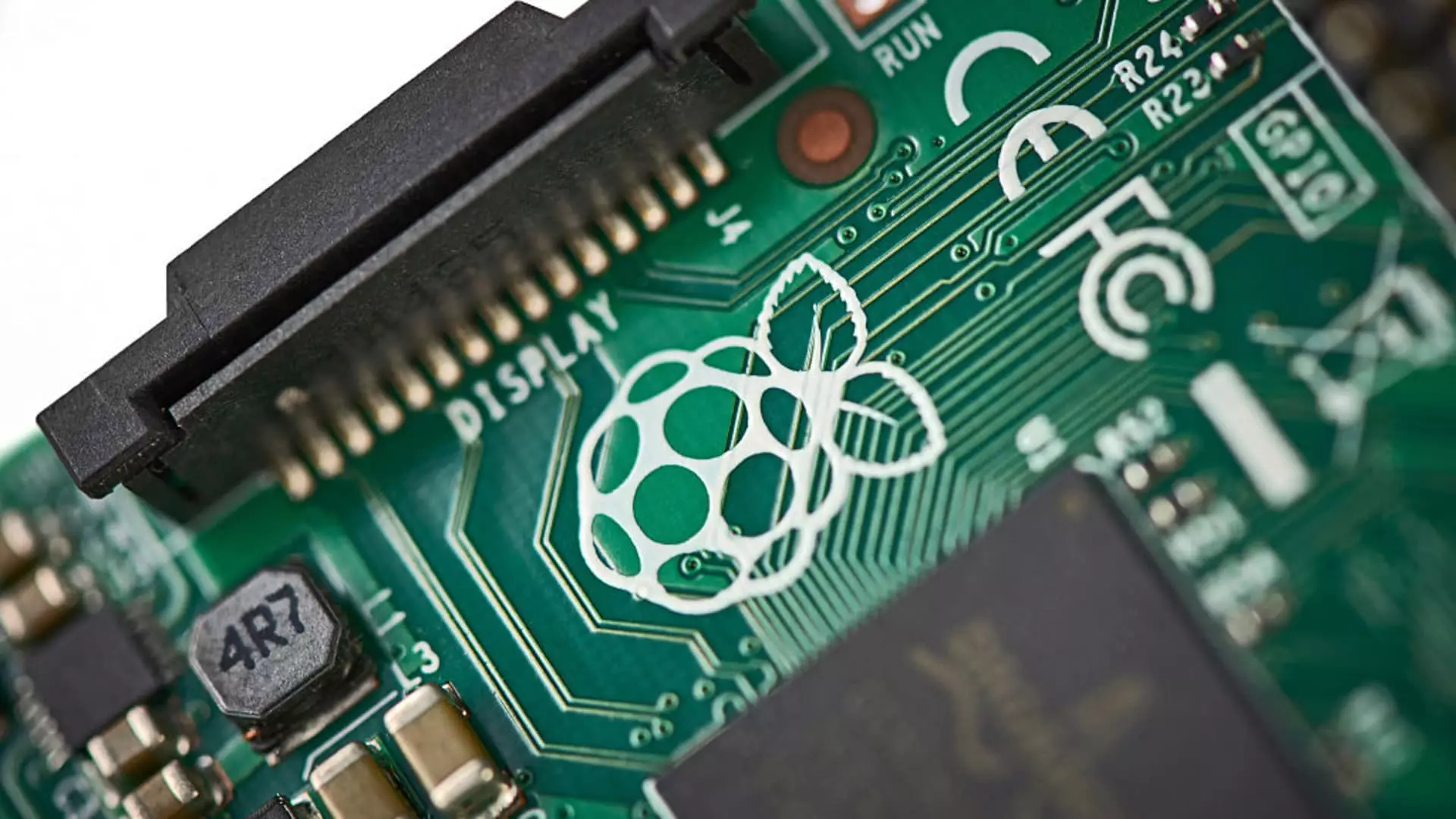British computing startup Raspberry Pi is preparing to raise a substantial amount of money through its initial public offering. The company is expected to garner £166 million ($211.2 million) from this IPO, a move that could potentially inject fresh life into London’s main stock exchange. In an industry where technology listings have been scarce, Raspberry Pi’s decision to go public at a valuation of around £541.6 million is a welcome development for the exchange.
Raspberry Pi has received support from several key industry players, including Arm and Sony. These investments and partnerships have helped to solidify Raspberry Pi’s position in the market and attract attention from both institutional and retail investors. The involvement of established companies like Sony Semiconductor Solutions has also lent credibility to Raspberry Pi’s growth potential.
Founded in 2012 by CEO Eben Upton, Raspberry Pi has become synonymous with accessible computing for young people. Although the company initially targeted hobbyists, it has since expanded its reach to the industrial market, where its single-board computers are used in various applications, including factories. With a focus on innovation and versatility, Raspberry Pi has managed to secure a steady revenue stream, posting impressive year-on-year growth in 2023.
As Raspberry Pi embarks on its IPO journey, there are high hopes for the company’s continued success and expansion. The funds raised from this offering will enable Raspberry Pi to invest in research and development, further diversify its product offerings, and explore new markets. With a strong foundation and the backing of industry giants, Raspberry Pi is poised to make a lasting impact in the technology sector and beyond.
Raspberry Pi’s IPO represents a significant milestone for the company and the London stock exchange. By opting to go public and secure additional funding, Raspberry Pi has demonstrated its commitment to growth and innovation. As the company continues to evolve and adapt to changing market conditions, it will be interesting to see how Raspberry Pi’s products and technologies shape the future of computing and industrial automation.


Leave a Reply